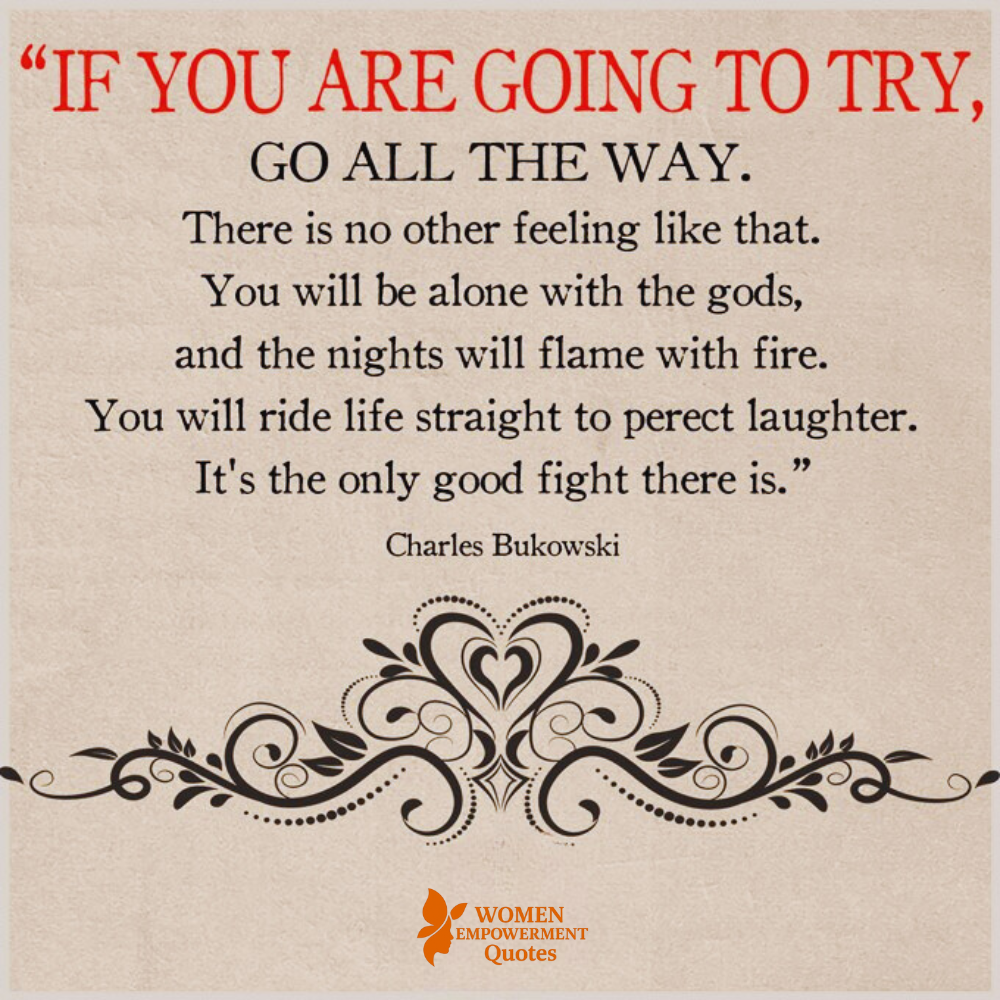
A Life Lived Without Apologies
Charles Bukowski was not a man who lived halfway. His words cut deep because they came from a place of bruises, bars, rejection letters, and relentless survival. He wrote like he lived—unfiltered, often messy, but always honest. His work didn’t glamorize life’s ugliness; it laid it bare, finding poetry in pain, meaning in madness, and truth in the unspoken moments most people ignore.
The Fire Behind the Words
Born Heinrich Karl Bukowski in 1920 in Andernach, Germany, he immigrated to Los Angeles as a child. Early on, life taught him its harsher lessons—poverty, abuse, and alienation. These wounds became the foundation for the characters and themes that would define his literature: the outsider, the working man, the drinker, the fighter, the loner. Bukowski didn’t write from imagination—he wrote from scars.
He briefly attended college before leaving to pursue writing in New York, only to face years of rejection, physical labor, and heavy drinking. The literary world wasn’t ready for his voice then. But he didn’t quit—he just lived harder, storing experience like ammunition.
Finding His Voice Later Than Most
Bukowski was 35 when he published his first book of poetry. By then, he had lived more than most do in a lifetime. His alter ego, Henry Chinaski, would go on to narrate many of his semi-autobiographical novels such as Post Office, Factotum, and Ham on Rye. Chinaski was Bukowski—cynical, battered, yet brutally observant.
What made his writing stand out wasn’t just its content but its courage. His verses, especially in collections like Love is a Dog from Hell and You Get So Alone at Times That It Just Makes Sense, spoke directly, unapologetically, and with aching clarity. He didn’t dress pain up in metaphors; he invited you to sit with it, drink with it, and laugh at it.
A Life Both Loved and Loathed
Bukowski’s relationships were chaotic, his lifestyle often self-destructive, yet through it all, he never stopped writing. He lived his final years in San Pedro, California, still prolific, still unapologetically himself. He passed away in 1994 from leukemia, leaving behind a legacy as divisive as it was powerful. You didn’t have to like Bukowski to feel him.
Enduring Influence
Today, Bukowski’s impact is impossible to ignore. He gave voice to the unheard, dignity to the defeated, and power to raw truth. His work reminds us that art doesn’t have to be polished to be profound. In fact, sometimes the most jagged edges cut the deepest.
The Man in His Own Words
“Find what you love and let it kill you.”
Bukowski believed in total immersion—whether in love, art, or self-destruction.
“What matters most is how well you walk through the fire.”
For him, resilience wasn’t just a trait—it was the cost of authenticity.
“There is a light somewhere. It may not be much light but it beats the darkness.”
Even in his darkest lines, hope flickered like a cigarette in the night.
“You have to die a few times before you can really live.”
Pain wasn’t the end for Bukowski; it was the beginning of everything real.
“We are here to laugh at the odds and live our lives so well that Death will tremble to take us.”
He wasn’t afraid of death. He was afraid of not truly living.
A Final Thought
Bukowski didn’t want to impress you. He wanted to wake you up. His life and work are reminders that if you’re going to try—whether in art, in love, or in the messy act of simply being alive—you must go all the way. Anything less is betrayal.